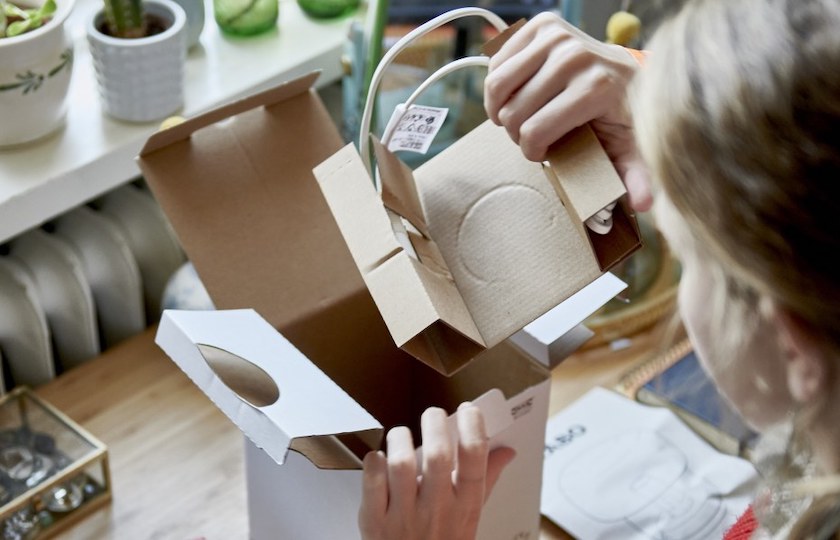Swedish retailer Ikea is to phase out plastic from all consumer packaging by 2028 as part of the company’s transition to becoming circular.
According to the company, the transition will happen in steps, beginning with an all-new range by 2025, except for existing food products that must be kept for food safety and to prevent food waste.
“Phasing out plastic in consumer packaging is the next big step on our journey to make packaging solutions more sustainable and support the overall commitment to reduce plastic pollution and develop packaging from renewable and recycled materials,” said Erik Olsen, packaging and identification manager, Ikea.
“The shift will happen progressively over the coming years, and mainly be focusing on paper as it is both recyclable, renewable, and widely recycled across the world”.
Several years ago, the company shifted away from using polystyrene packaging inside boxes, replacing it with paper components and cardboard inserts as fillers. For example, lightbulbs previously enclosed in plastic blisters now come in paper boxes.
“Paper is a very good material to use because it does come from renewable sources, and it has quite strong circular capabilities,” shares Maja Kjellberg, packaging innovation leader at Ikea.
Food, on the other hand, might still require plastic packaging use. Kjellberg explains that plastic remains one of the most “sustainable” materials for food for its ability to extend shelf life and slow down food spoilage.
“But we’re not limiting ourselves to paper. We do want to use other materials going forward. And we have an innovation program ongoing right now where we’re scouting on startups and scale-ups to find new ways of packing products and other materials that aren’t wood and fibre-based.” she added.
The Swedish retailer currently spends nearly 1 billion euros annually on around 920,000 tonnes of packaging material. While most of its packaging uses paper, the company is exploring other alternatives like compostable mushrooms.
Currently, only around 10 per cent of the company’s packaging is made from plastic.
“With this movement, we hope to spur innovation within the packaging and use our size and reach to have a positive impact on the wider industry beyond our supply chain,” concluded Olsen.




4 comments